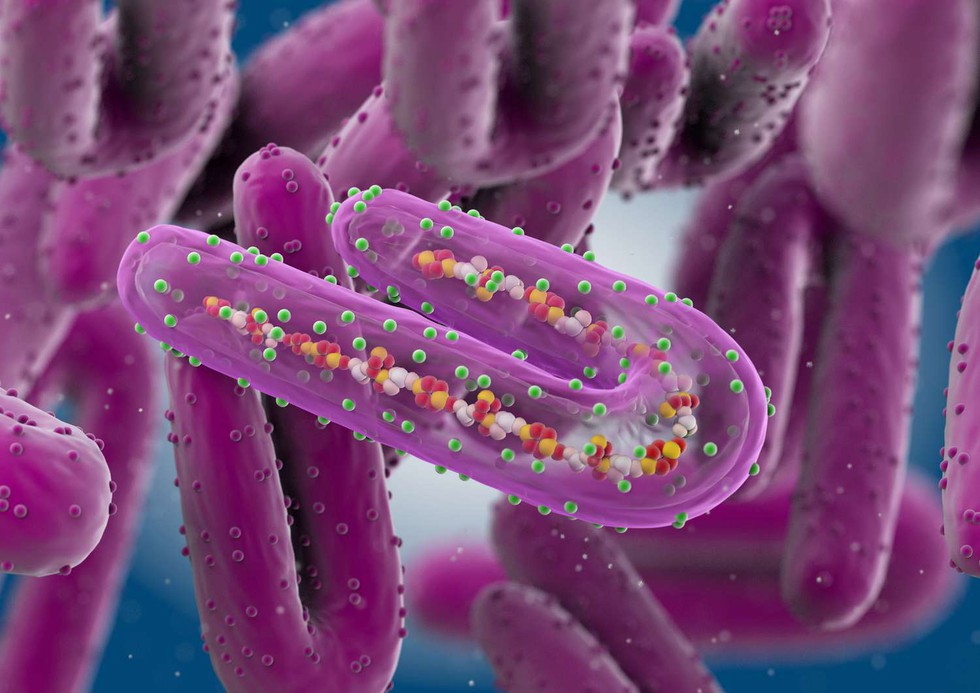About Marburg Virus Disease (MVD):
- It is a rare but severe hemorrhagic fever which affects both people and non-human primates. It is caused by the Marburg virus, a genetically unique zoonotic (or, animal-borne) RNA virus of the filovirus family.
- It is in the same family as the virus that causes the Ebola virus
- Transmission:
- Human infection with MVD initially results from prolonged exposure to mines or caves inhabited by Rousettus bats.
- Once an individual is infected with the virus, Marburg can spread through human-to-human transmission via direct contact (through broken skin or mucous membranes) with the blood, secretions, organs or other bodily fluids of infected people, and with surfaces and materials (e.g., bedding, clothing) contaminated with these fluids.
- Symptoms:
- After an incubation period of 2-21 days, symptom onset is sudden and marked by fever, chills, headache, and myalgia.
- Around the fifth day after the onset of symptoms, a maculopapular rash, most prominent on the trunk (chest, back, stomach), may occur.
- Nausea, vomiting, chest pain, a sore throat, abdominal pain, and diarrhea may appear.
- Symptoms become increasingly severe and can include jaundice, inflammation of the pancreas, severe weight loss, delirium, shock, liver failure, massive hemorrhaging, and multi-organ dysfunction.
- The average MVD case fatality rate is around 50%. Case fatality rates have varied from 24% to 88% in past outbreaks, depending on the virus strain and case management.
- There is no specific treatment for MVD. Early supportive care with rehydration, and symptomatic treatment improves survival.
What are Viral hemorrhagic fevers (VHFs)?
- They are a group of diseases that are caused by several distinct families of viruses.
- They refer to a condition that affects many organ systems of the body, damages the overall cardiovascular system, and reduces the body’s ability to function on its own.
- Some VHFs cause mild illnesses, while others can cause severe, life-threatening diseases. Most VHFs have no known cure or vaccine.
